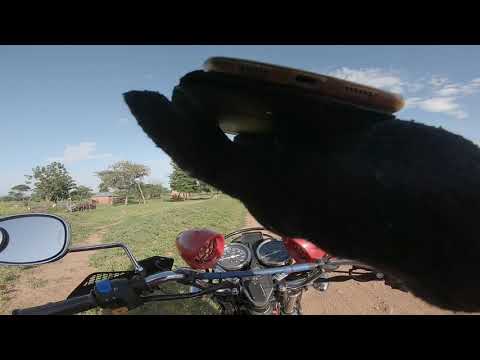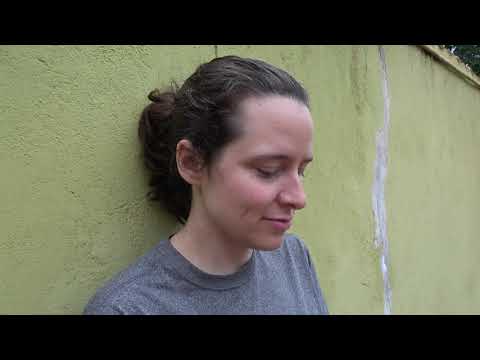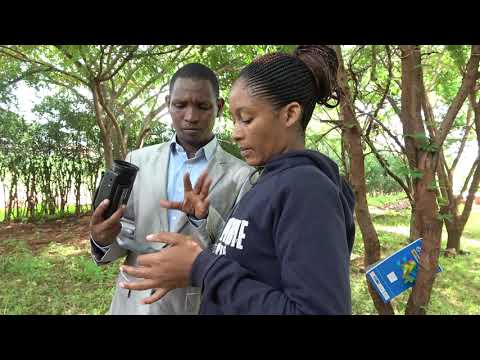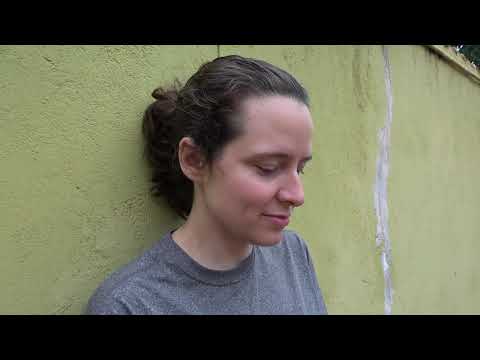I know @rgriscom and @Andrew_Harvey already posted about this, but here’s one more reminder!
TZ
Training Local People as Language Documentarians: A Docling Forum Live Chat
And they mention this brief blog post as a nice, quick preview:
https://blogs.soas.ac.uk/elar/2020/10/02/the-haydom-language-documentation-training-workshop/
Thanks for using the forum, friends!
All you California night
1 Like
A few relevant links and stuff I dug up (please correct me if any of these are incorrect, @Andrew_Harvey and @rgriscom ):
Hadza (Isolate)
Hadza is a language isolate spoken along the shores of Lake Eyasi in Tanzania by around 1,000 Hadza people, who include in their number the last full-time hunter-gatherers in Africa. It is one of only three languages in East Africa with click consonants. Despite the small number of speakers, language use is vigorous, with most children learning it, but UNESCO categorizes the language as vulnerable.
The Hadza go by several names in the literature. Hadza itself means "human being." Hazabee is the ...
(Wow, check out that consonant inventory!)
Gorwaa (Cushitic)
Gorowa is a Cushitic language spoken in Tanzania in the Dodoma and Manyara Regions.
It is also known as Fiome, Goroa, Gorwaa, Kimbulu, Ufiomi.
As of 2014, an estimated 79,000 people (approx. 60% of the ethnic population) use this language on a daily basis. Older Gorwaa speakers in rural areas tend to be enthusiastic about their language and have contributed to a large body of data including songs, traditional stories, uncommon vocabulary, etc. Younger Gorwaa in urban areas view the language as ...
Ihanzu (Bantu)
Isanzu is a Bantu language spoken by the Isanzu people south of Lake Eyasi in Tanzania.
The position of Isanzu within the Bantu family is uncertain. It is rather distinct in certain features from other Bantu languages of the area, such as Nyaturu, but is quite close in others. One easily recognizable feature is /h/ in words where neighboring languages have /s/ or /tʃ/, as in the name Isanzu ~ Ihanzu, a feature it shares with Iramba, and a reason it is commonly classified with Iramba.
Additional...
Added a few of the links from Richard’s talk here as I was watching it. Lots of interesting stuff, and some cool videos where you can hear the languages documented in Richard and Andrew’s research.
Okay this is cool.
Introduction videos to the Haydom workshop in several of the languages, super cool:
Iraqw (Cushitic)
Ihanzu
Hadza
https://rgris.com/digital-notebook-method/
1 Like
s and/or early
s , see you at 3am.



